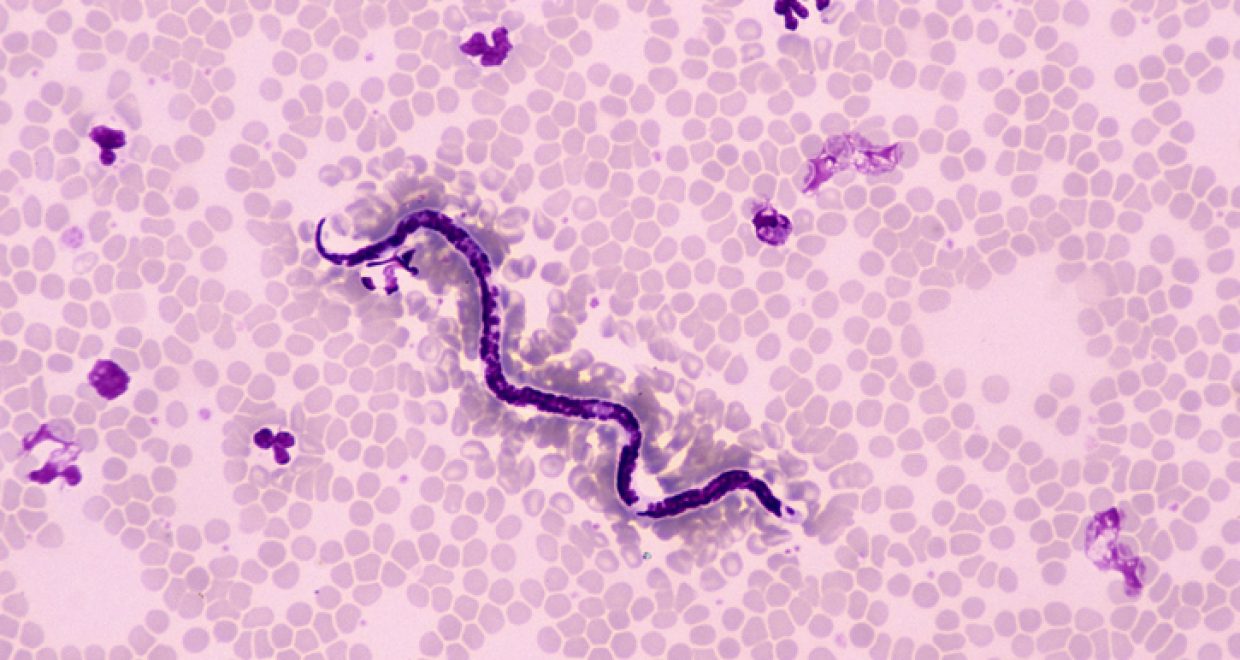The impact of parasite infection of mental illness
More and more research is finding inflammation as a potential contributing factor toward the development of various mental illnesses. A systematic review was conducted to determine the association between parasitic infection and mental illnesses in various African populations. Two parasite groups were evaluated; helminths and protozoans, and four mental illness classifications; depressive disorders, anxiety disorders, schizotypal disorders and unspecified mental illnesses.
Humans are host to nearly 300 species of parasitic worms and over 70 species of single celled parasites. In 2020 alone, it was found that over a billion people were affected by helminth infections that were causing chronic inflammation. We have seen from previous research that certain biological factors, such as higher baseline inflammation due to high pathogen (parasite) environments being contributors to the development of depression. A higher prevalence of psychiatric disorders in countries are more prevalent suggests that parasite infections may play a role in many mental illnesses.

We conducted a systematic review in to try to shed some light on the association between parasite infection and mental illnesses. Our results displayed a clear relationship between the two. From the reviewed papers we found that an individual was four times more likely to develop a mental illness when testing positive for a parasite infection. Furthermore, nearly sixty percent of the overall participants from the papers with a mental illness also were infected with parasites.
Parasite infections can be a cause of mental illness through biological and socio-environmental paths. The inflammation caused by parasite infections affects the brain and CNS via the blood brain barrier, activation of the vagus nerve and immune cells. An individual’s genetics also play a key role in the susceptibility to parasite infections and the prediction of depression. For example, parasite infections are known to cause increased activation of the immune system in which some genes are linked with an increased risk of mental illness.
However, while increased activity in the immune system and risk of developing a mental illness can be caused by genetic predispositions, social and environmental influences such as trauma, social inequality, stigma, deprivation and poor nutrition also play an important role in the development of mental illnesses that are very prevalent in nations prone to high risk of parasite infections. Our results saw that stigma and a general lack of understanding and acceptance of parasite infections was extremely common and either caused or worsened mental illnesses.
Taking together the results of our review and that of previous work, we can see that there is a potentially causational relationship between parasite infection and mental illness, through biological, environmental and social influences. Questions remain to be answered in future studies about the exact nature of this relationship but our results have highlighted the importance of an combined public health response to both parasite infections and mental illnesses.
The article, “Impact of parasitic infection on mental health and illness in humans in Africa: a systematic review” by, Alexandra R. Lampard-Scotford, Angela McCauley, Julius Arthur Kuebel, Rachel Ibbott and Francisca Mutapi, is freely available for one month.





